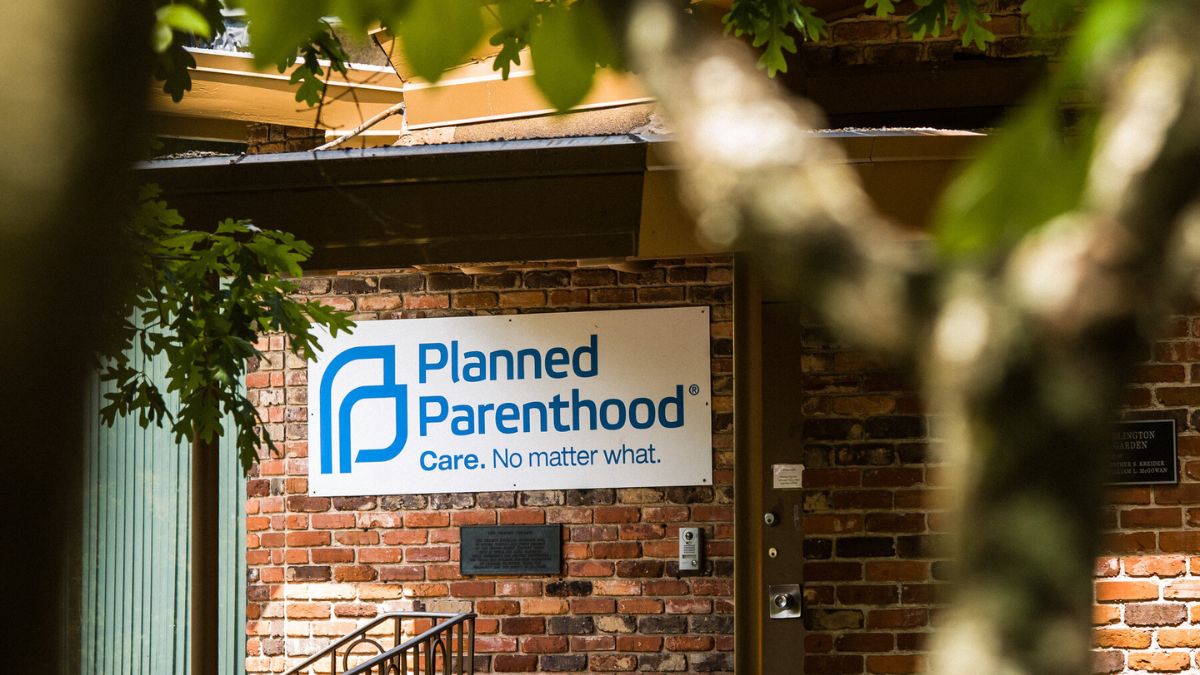

Chuck Colson, Courage, and Christ’s Promise of Persecution
As social pressures to comply increase, Christians can be courageous.
05/8/24
John Stonestreet and Chuck Colson

In His Sermon on the Mount, Christ promised that persecution would come. Likewise, in his final letter to his protégé Timothy, Paul declared, “Indeed, all who desire to live a godly life in Christ Jesus will be persecuted.” That’s rather blunt.
Unlike our brothers and sisters in other parts of the world, Christians in the West have, for the most part, enjoyed a reprieve from such realities. Still, the cultural pressures on people of faith to comply, evolve, stand down, remain silent, or otherwise conform to the spirit, behaviors, and beliefs of our age is, by most accounts, increasing.
That’s why, this year, the Colson Center National Conference, May 30 to June 2 in Arlington, TX, is all about Courageous Faith. In fact, the event launches with our “Worldview Intensive,” in which we will hear from a remarkable woman of God, Kamila Bendová, who courageously led her family and loved her community during incredible persecution by Communist oppressors. She will be joined on stage by Rod Dreher, author of Live Not By Lies, where I first encountered Bendová’s story of courageous faith. A few seats for the conference and the Worldview Intensive have become available. To join us or to learn more, visit ColsonConference.org.
Years ago, Chuck Colson talked about courage, and how it relates to faith in God:
We live in a bureaucratic age that is sorely lacking in moral courage. Fifty years ago, James Burnham foresaw what he called “the managerial revolution,” the emergence of a new class of professional bureaucrats who would dominate all our institutions: government, business, education, even the Church. These mushrooming bureaucracies have submerged individual responsibility and blunted the edge of personal accountability.
No wonder we have so few heroes to look up to today—so few of what Donald Davidson in his famous poem called, “The Tall Men.” Every age has its characteristic temptations, and today the very structure of modern institutions works against the cultivation of moral courage. In his book Back to Virtue, Peter Kreeft defines moral courage as “the willingness to act on your convictions even if it costs you something, such as convenience or social acceptance.”
Philosopher Josef Pieper describes courage as the “readiness to die . . . in battle” against evil. That may mean dying physically, as when the Church is being persecuted. Or it may mean dying internally—dying to ourselves—which is the more common meaning for you and me.
To die to our hopes and ambitions in this world, and to live for God, often requires the practice of genuine moral courage. How do we develop this kind of courage? The answer, paradoxically, is by facing up to our fears. As Pieper explains, the essence of courage is not that we are never afraid but that we refuse to be controlled by our fears: that we refuse to allow fear to push us into doing wrong or to keep us from doing right. Think of the Cowardly Lion in The Wizard of Oz and his quest for courage. The wizard turns out to be a humbug, of course, but he does offer words of wisdom: “There’s no living thing that is not afraid when it faces danger,” he tells the Cowardly Lion. “True courage is facing danger when you are afraid.”
And how do we face danger and overcome fear? By fearing God more than anything else. When James Calvert went out as a missionary to the cannibals of the Fiji Islands, the captain of his ship sought to turn him back. “You’ll lose your life and the lives of those with you if you go among such savages,” he cried. Calvert only replied, “We died before we came here.” By dying to his own life internally before God, Calvert was prepared to face external dangers courageously.
In today’s industrialized mass culture, we are under great pressure to fit in, to conform, to hand over control of our lives to the large bureaucracies that dominate our social institutions. If we want to be men and women of virtue in an age of faceless bureaucracies, we must begin with the courage to face God—to acknowledge Him as the King of the universe and Lord of our lives. For only when we fear God will we have the power to overcome all our other fears.
To learn more about the Colson Center National Conference, see the speaker lineup, and secure a spot, visit colsonconference.org.
Have a Follow-up Question?
Up
Next















